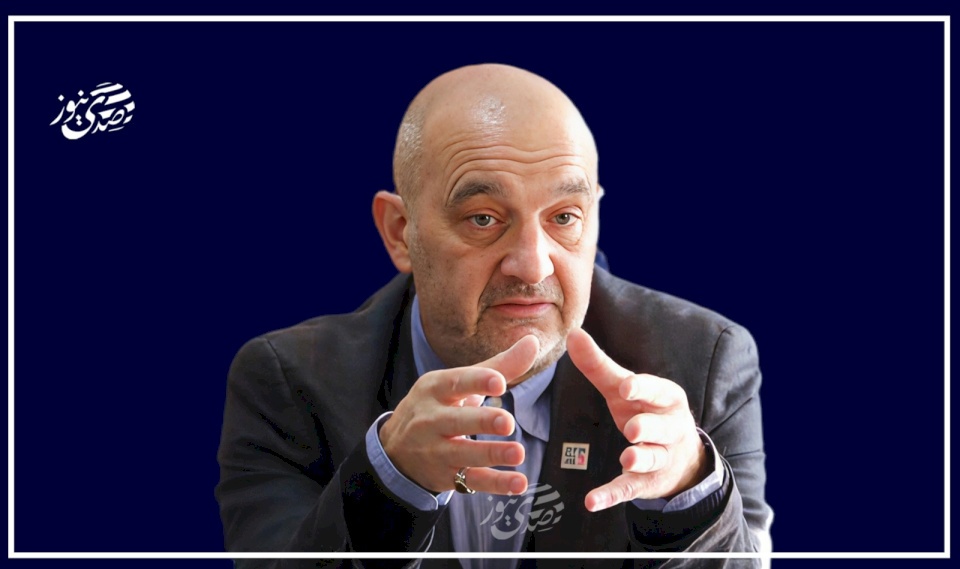
Gaza: The Graveyard of Journalism
History will show mercy only to the news carriers. In Gaza, the name of Anas Al-Sharif, the young journalist at Al Jazeera, who was martyred on August 10, 2025, will be immortalized alongside the names of 223 other journalists who were assassinated by Israeli forces over two years. History will remain a witness to their crimes, indebted to those responsible for them forever.
Gaza has become the most dangerous place in the world for the profession of journalism. For the past two years, Israel has imposed a ban on the entry of foreign journalists, placing the burden of delivering the truth on Palestinian journalists, most of whom are members of the Palestinian journalists' union affiliated with the International Federation of Journalists. They work under extremely harsh conditions, without personal protection or a safe haven for themselves and their families, and they are often directly targeted.
The journalism profession has never witnessed massacres of this magnitude throughout its history. The International Federation of Journalists, founded in 1926 and preparing to celebrate its centenary in Paris in May 2026, has not recorded a similar toll during World War II, in Vietnam, or in Syria or Iraq. Today, Gaza has become the largest graveyard for journalists in contemporary history.
This is not just a sequence of random tragedies, but a deliberate strategy based on killing news carriers, besieging Gaza, and tightly controlling the narrative, as depriving international journalism of access to Gaza means silencing all independent observers.
While Israeli Prime Minister Benjamin Netanyahu promises to re-colonize Gaza, controlling the narrative becomes more dangerous than colonization itself, as colonization means obliterating the rubble, hiding the dead, and silencing the survivors and all those who transmitted their stories.
The war has forced hundreds of thousands of Gaza residents to flee from the northern border to the south, but the south has not been a safe haven. Danger surrounds them from all sides; there is no safety and no escape route, and families become trapped between bombs and the sea, unable to survive. Journalists face the same harsh reality, as their chances of survival diminish with each passing day, making the mission of delivering the truth increasingly difficult and risky.
Under these circumstances, the recognition of Palestine as a state by an increasing number of countries at the United Nations holds symbolic value, but it has come far too late. It does not protect the living nor does it vindicate the dead; diplomacy follows historical tragedies after they have occurred. So who protects these witnesses? Neither the impotent United Nations nor the major powers complicit through their silence and arms supply. Palestinian journalists continue their mission alone, to the point of exhaustion... and even death.
The International Federation of Journalists works directly in the field, supporting journalists and their families through a safety fund and documenting the daily lives of their colleagues – Sami, Ghada, and others – so that their suffering is not reduced to mere numbers.
They have been calling for years for the establishment of an international agreement at the United Nations obliging countries to protect journalists and punish those who kill them. As long as this agreement does not exist, impunity prevails, granting immunity to Israeli leaders.
The International Federation of Journalists has been affirming for years to journalists and media workers holding international press cards: “No report is more important than the life of a journalist.” This is a rule for survival, not just a slogan. The duty of journalists is not to die in the field, but to safely deliver the news. Their protection is a collective responsibility; every helmet, every bulletproof vest, and every safety training is vital.
Many in Gaza wonder: “What is the point of continuing?” The evidence is abundant, and testimonies are accumulating, yet nothing changes. But surrendering would be worse, for silence means victory for the oppressors, allowing them to claim that nothing has happened.
Anas Al-Sharif did not want to die; he wanted to deliver the truth to the world safely. His death, along with the deaths of 222 of our colleagues, obliges us all to confront this injustice... Israel kills journalists, and killing journalists means killing the truth. A world without truth is a world ruled by oppressors without a partner or a monitor.

Two Mini-States and Two Palestinians

Is War Against Iran Imminent?

With Leaders of His Army and Intelligence Present: Netanyahu Declares "War" on the Negev

Destruction of the Islamic Scene in the West

Media Deception… When Lies Are Cloaked in the Garb of Truth

Gaza Under Siege and Assassinations: Israel's Policy for Managing the Conflict

What is Required from Meladienov

